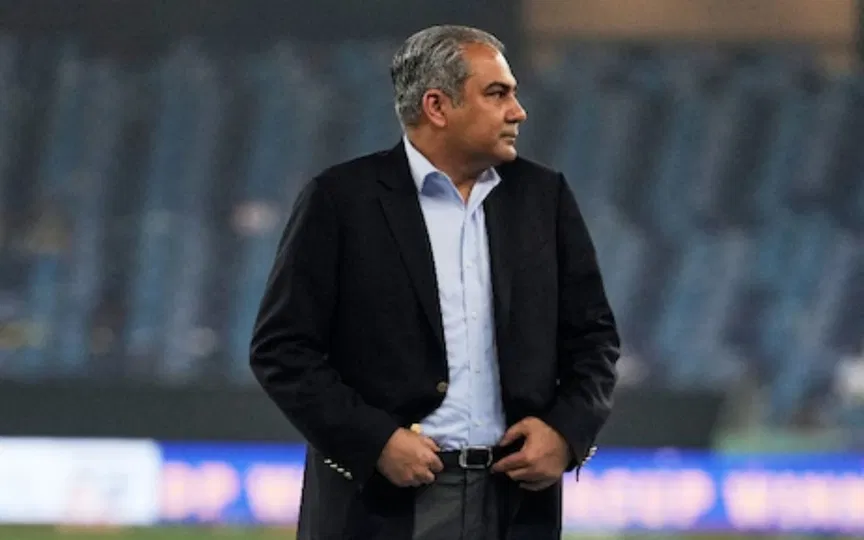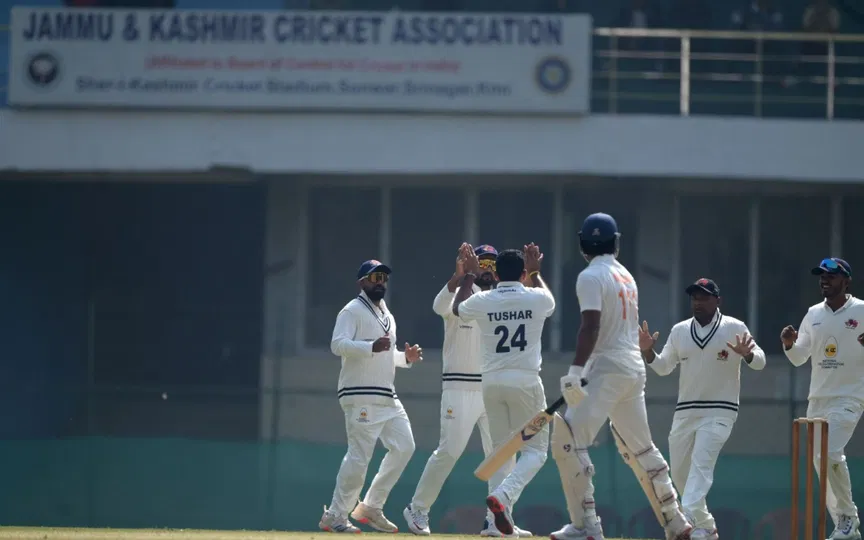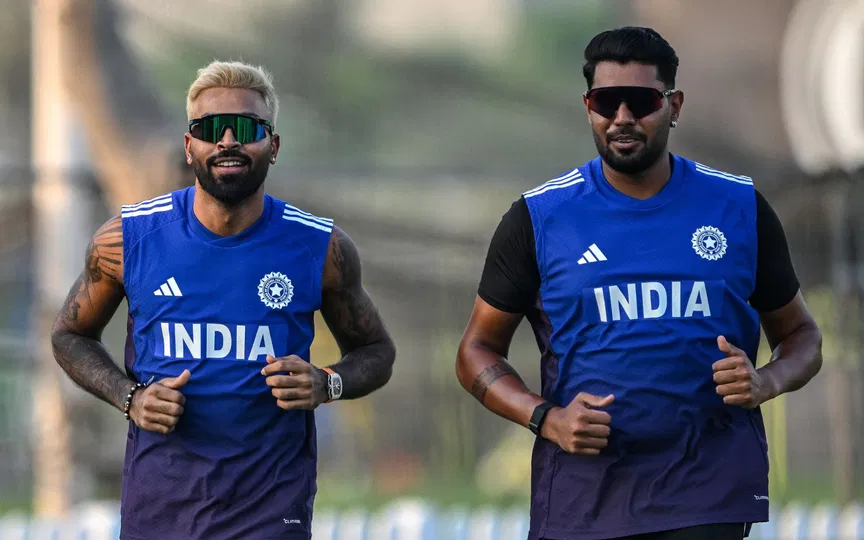![Pakistan cricketer destroyed by its own [Source: AFP Photos]](https://onecricketnews.akamaized.net/parth-editor/oc-dashboard/news-images-prod/1760793136669_shaheen_rizwan_babar_naqvi(1).jpg?type=hq) Pakistan cricketer destroyed by its own [Source: AFP Photos]
Pakistan cricketer destroyed by its own [Source: AFP Photos]
Cricket fans across Pakistan are once again left shaking their heads. Another captaincy change, another round of confusion, and yet another promise that this time, things will be ‘different’.
But let’s face it. It never really is. Pakistan cricket’s biggest enemy right now isn’t India, Australia, or England. It’s its own administration.
Rizwan, Babar, Shaheen, and now Salman - who is Pakistan’s actual captain
In the last decade, we’ve seen Pakistan cricket turn captaincy into a game of musical chairs. From Sarfaraz Ahmed, the charge went to Babar Azam.
However, after multiple ICC failures, Babar stepped down as all-format captain in 2023 only to be reinstated as white-ball captain 4 months later.
If this circus wasn’t enough, Shaheen Afridi was appointed as T20I captain and was sacked after just one series defeat against New Zealand.
Mohammad Rizwan, who took over as Pakistan’s white-ball captain in October 2024, was replaced as T20I captain by Salman Agha in early 2025. Now, as per present rumours, Rizwan will lose his ODI captaincy as Afridi is likely to make his way back as leader.
Every few months, there’s a new face leading the side, a new “vision”, and a new experiment that ends in the same old chaos. How can a team find stability when its leadership keeps changing faster than an Instagram trend?
The Pakistan administration needs brains, not a new captain
Captaincy is not a job that you hand out like a lottery prize. It’s a role that requires trust, time, and backing, three things the Pakistan Cricket Board (PCB) doesn’t seem to understand.
One bad series, one tough tournament, and suddenly, the captain becomes the villain. The same officials who once praised him for being “the future of Pakistan cricket” start whispering that he has lost control of the dressing room.
Take the recent chaos involving Shaheen Afridi and Mohammad Rizwan. One week, reports claim Shaheen will be the new ODI captain. Next, rumours swirl that Rizwan might get the job back. The PCB, as usual, stays silent about the real plan.
This constant uncertainty isn't only unjust to the players, but it's killing the team spirit. How can the players concentrate on winning games when they don't even know who their next month's captain will be?
PCB is burying Pakistan cricket to the ground
Let’s not forget that Pakistan cricket has always been full of talent. From Wasim Akram and Waqar Younis to Babar Azam and Shaheen Afridi, the country has never had a shortage of stars. What it lacks is consistency at the top.
Leadership changes have become a habit, not a solution. Failure of the board to stand behind its captains during bad times has established a culture of fear.
Compare this with teams like India or Australia. When Rohit Sharma or Pat Cummins go through tough times, their boards stand by them.
They understand that leadership is not about one season. It's about vision in the long term. A stable skipper contributes towards building unity, faith, and strategy, the very elements Pakistan needs desperatly.
Unfortunately, the PCB appears more concerned with short-term optics than with real progress. Each new chairman or selector desires to make headlines with high-profile decisions.
But leadership changes don’t win trophies. Teamwork and planning do. By constantly reshuffling captains, Pakistan is not solving problems but creating new ones.
Another painful truth is that these decisions rarely involve the players themselves. Captains are appointed or removed in closed-door meetings, with little thought given to dressing room chemistry or player morale.
When players see their captain fall without warning, they start playing for survival, not for success.
Final thought
It’s time the PCB stop treating the national team like a testing lab. Pakistan cricket doesn’t need another “fresh start”. It needs continuity. It needs to back its captains through ups and downs, just as successful cricket nations do.
A strong leader can only emerge when he knows he has the full support of his board. Pakistan has all the ingredients for greatness. But unless its administrators grow wiser and steadier, that potential will keep going to waste.
Cricket isn’t a musical chair game. It’s a team sport built on trust, belief, and stability. Until the PCB realises that, Pakistan will continue dancing in circles and chasing success but never truly finding it.





.jpg?type=mq)
